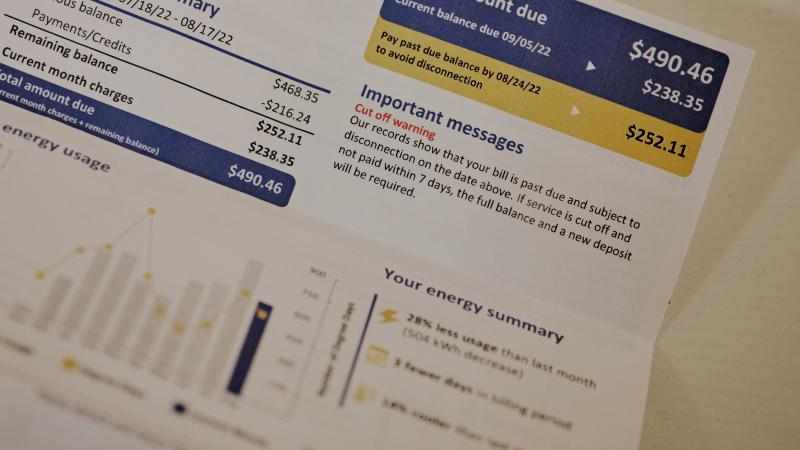Treasury to use data on racial, ethnic disparities to shape tax laws under 'equity' plan
Based on U.S. demographic data, the Treasury Department will "look at where there is unfairness in the tax code," said former Trump DOJ official Katie Sullivan.
A new Treasury Department racial "equity" plan reveals the department's intention to obtain and analyze data reflecting the disparate impact of the tax code on "different race and ethnic groups" to help design and implement tax laws on the basis of race, warns a former Trump administration Justice Department official.
"The IRS has always been colorblind, for good reason," former Principal Deputy Assistant Attorney General of the Office of Justice Programs Katie Sullivan told the John Solomon Reports podcast on Monday's episode. "We see what happens when they start to operate in a more biased fashion, like they did against conservatives in 2013."
Sullivan was referring to the Lois Lerner scandal, when the IRS targeted conservative nonprofits for intrusive scrutiny.
Treasury's Equity Action Plan asserts that the COVID-19 pandemic revealed health and economic inequities affecting communities of color.
"The COVID-19 pandemic exposed and amplified long-standing disparities in health and economic outcomes, causing the pandemic to disproportionately affect people of color and members of underserved communities," according to the document.
Under a section on barriers to equitable outcomes of tax programs, the department signals its intention to shape tax policy to deliver more equitable results.
"An analysis of how the tax code affects different race and ethnic groups is central to understanding the consequences, both intended and unintended, of our tax laws," according to the department. "This improved understanding can be used to both shape tax policy design at the inception of legislative efforts and to better implement current laws."
The IRS "terrifyingly" wants "to start to collect demographic data, meaning they want to find out race, ethnicity, and gender" from the Census Bureau, said Sullivan.
"The Census Bureau makes assumptions about 33% of the American people — of citizens in this country," she said. "If you don't fill out your census form, then the government will just make assumptions and kind of fill it out for you. So based on that, they're going to create tax reform, and then they're going to look at where there is unfairness in the tax code."
The "IRS does not collect" demographic information, "and laws against disclosure prevent IRS from acquiring the information from other government agencies (i.e., Census Bureau)," the Treasury plan acknowledges. To get around "these limitations," however, the Treasury Office of Tax Policy is seeking "valid alternatives for developing demographic data while respecting privacy concerns and civil rights."
The alternatives include "developing reliable methods to impute race and ethnicity for tax data"; working with "other data producers to obtain data on race and ethnicity to validate the statistical imputations" when legally possible; and "partnering with other data producers" when microdata is unobtainable, to get data on "race and ethnicity for both analysis and to validate imputations."
The data will enable the Office of Tax Policy "to evaluate the equity implications of any tax policy proposal considered by the Administration," and this "equity discussion is designed to be included for budget formulation cycles going forward," the action plan explains.
The IRS referred requests for comment on the Equity Action Plan to the Treasury Department, which didn't respond to requests for comment.















